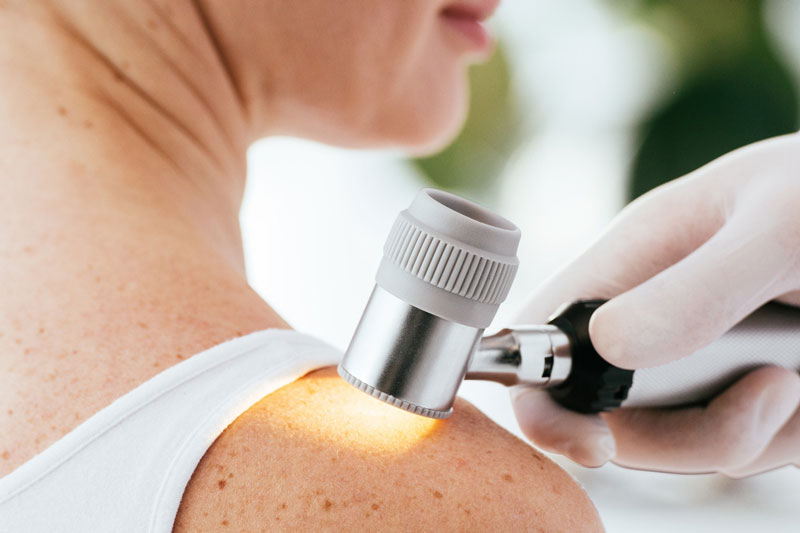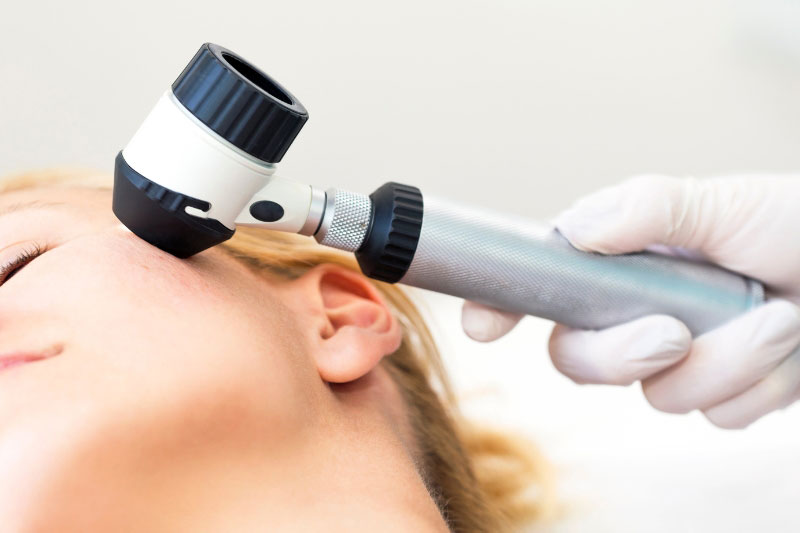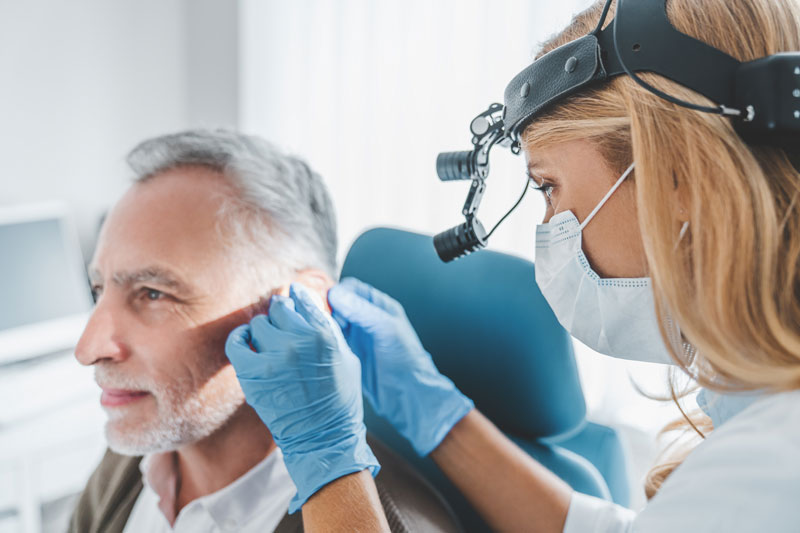What Is Dermatology?
At Ascentist Healthcare, we understand the value of proper skin health, which is why we combine medical excellence with a patient-centered approach to help our patients feel confident and healthy in their skin.
Our skin is not just a protective covering; it reflects our overall health, can affect our mental and emotional well-being due to its appearance, and plays a pivotal role in our sensations of touch and temperature. Issues affecting our skin can arise suddenly or develop over a prolonged period of time, ranging from mild rashes or irritations to significant healthcare conditions that require extensive treatment.
Dermatology is the branch of medicine dedicated to the diagnosis, treatment, and prevention of these diseases and conditions of the skin, hair, and nails. Dermatologists are experts in treating skin conditions, conducting skin surgeries, and providing skin care recommendations.
Dermatology also encompasses a wide range of aesthetic treatments including wrinkle-reducing injections, facial fillers, and other cosmetic procedures. At Ascentist Healthcare, we recognize the vulnerability many feel when discussing skin concerns, and our approach is always gentle, understanding, and reassuring for our patients.
Whether you’re navigating the complexities of a serious skin condition or simply looking for expert dermatology services, our dedicated team at Ascentist Healthcare is here to guide, treat, and support your overall skin health.

Common Skin Conditions We Treat
- Acne
- Psoriasis
- Eczema (Atopic Dermatitis)
- Contact Dermatitis
- Rosacea
- Vitiligo
- Warts
- Melasma
- Alopecia Areata
- Seborrheic Dermatitis
- Fungal Infections
- Herpes Simplex & Herpes Zoster
- Skin Cancer
- Nail Disorders
- Urticaria (Hives)
- Impetigo

Dermatology Treatments We Offer
- Cryotherapy
- Electrocautery
- Full Body Skin Checks
- Spot Checks
- Biopsies
- Excisions
- Topical Medications
- Systemic Medications
Frequently Asked Questions
How often should I see a dermatologist?
It’s recommended to have an annual skin check-up. However, if you notice any changes in moles, new growths, or persistent skin problems, see a dermatologist sooner.
Can dietary changes improve my skin?
Diet can influence skin health. For instance, foods high in antioxidants can benefit the skin. However, there’s no one-size-fits-all answer. It’s best to discuss specific concerns with a dermatologist.
Are all skin growths cancerous?
No, many skin growths are benign. But it’s essential to get any new or changing growth evaluated by a dermatologist to rule out potential malignancy.
Do I need a referral to see a dermatologist?
It depends on your health insurance and where you live. Some may require a referral from a primary care doctor, while others may not.
Is it necessary to wear sunscreen even when it’s cloudy?
Yes, UV rays can penetrate clouds and still cause skin damage. It’s essential to protect your skin daily with sunscreen.







